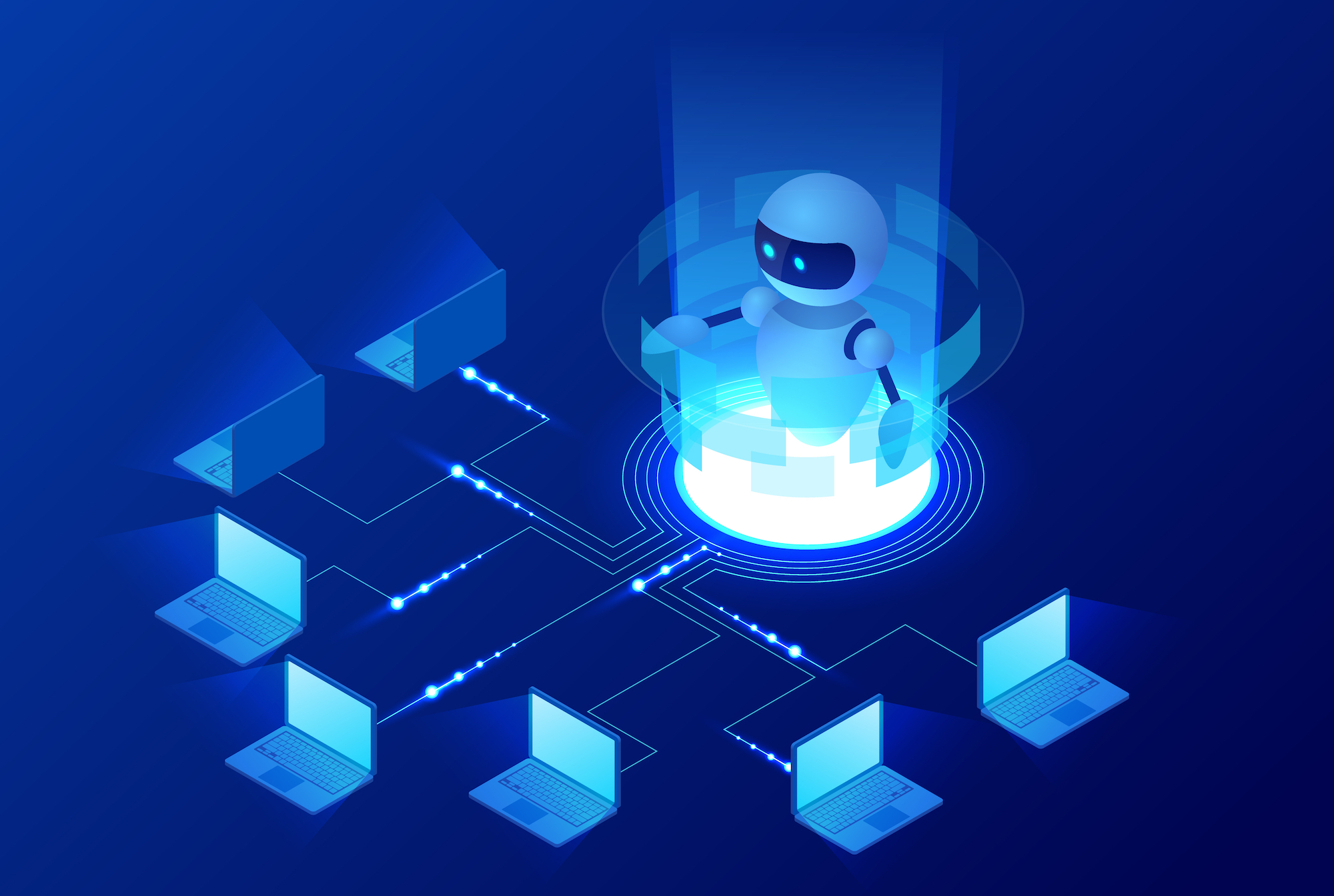Anthropic has recently unveiled a significant update to its AI model, Claude 3.5 Sonnet, which now includes the ability to control computers autonomously. This feature, currently in public beta, allows the AI to perform tasks such as moving a cursor, clicking buttons, and typing text, effectively mimicking human interaction with a computer .
The development is part of Anthropic's broader strategy to enhance AI capabilities, making them more interactive and useful in everyday digital tasks. The feature, dubbed "computer use," is designed to allow the AI to interact with applications and complete complex tasks, potentially transforming how automation is utilized in enterprises .
This advancement positions Claude as one of the first major AI models capable of taking control of a computer to perform useful work. However, it's important to note that the AI's performance in executing tasks correctly is still being evaluated, with current success rates reported at 14.9% in certain environments .
The introduction of this feature is expected to redefine automation, offering new possibilities for AI integration in various sectors. Developers can now experiment with this capability through the Anthropic API, Amazon Bedrock, and Google Cloud's Vertex AI .
Visual Representation

This image illustrates the advanced nature of AI technologies, symbolizing the cutting-edge capabilities of models like Claude 3.5 Sonnet in controlling computers and performing tasks autonomously.


